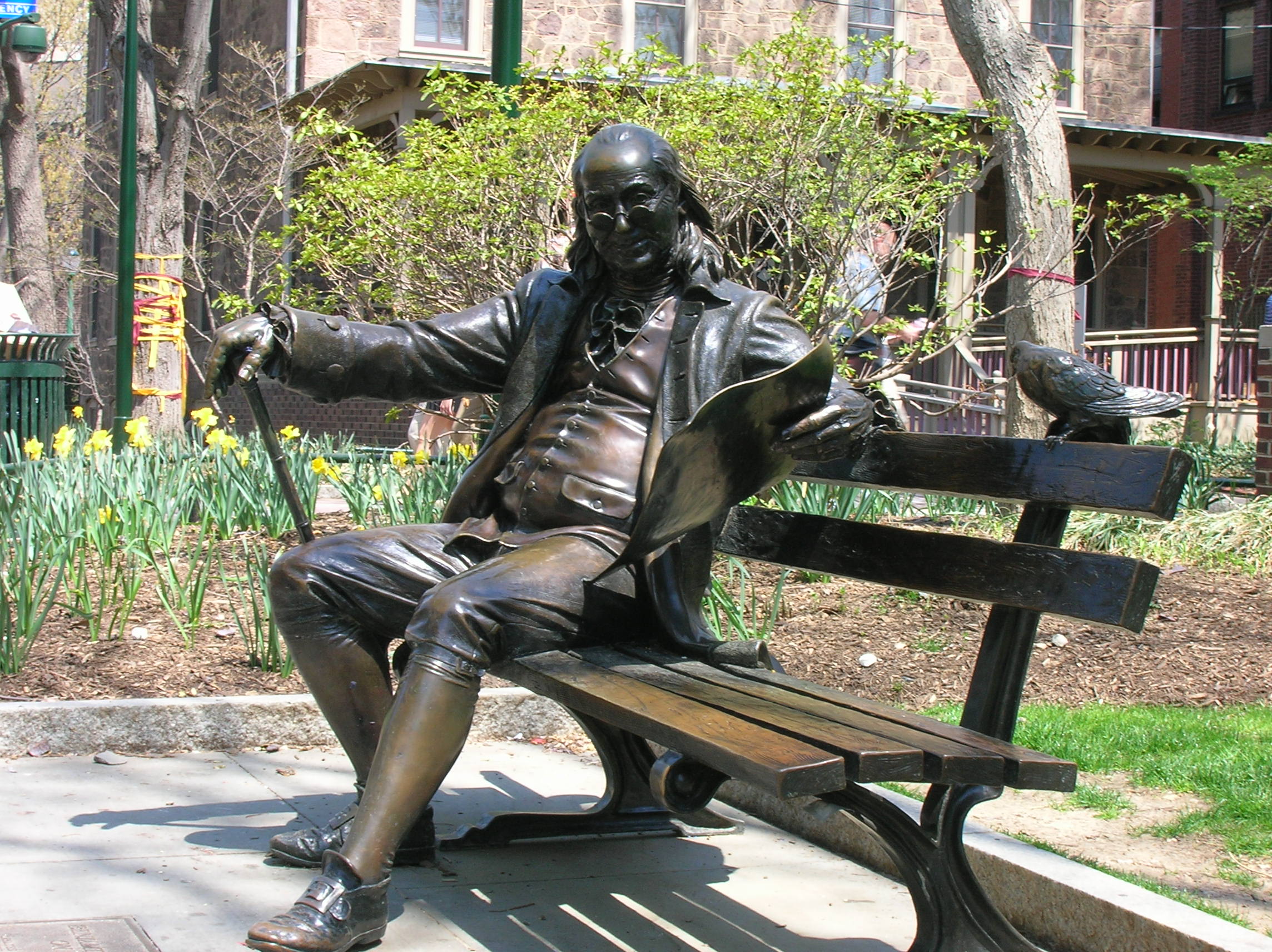By Anne Reedstrom & Claire Klieger
‘Tis the season for many holiday specials, including one of our favorites, Rudolph the Red Nosed Reindeer, which has a surprising number of career parallels–okay, maybe only if you’re someone who works in Career Services which, after a time, causes you to see career parallels in everything.
- “What’s the matter with misfits?” Don’t let others define who you are or what to do. Like Hermey’s desire to be a dentist (if you share that desire, go talk to Anne & friends) despite his family history of toy making, you should give yourself permission to look at a wide variety of options. Even though it may feel like most students at Penn go into banking, consulting, and other “business” careers, in reality there are lots of students who choose a seemingly less traveled path (and they don’t even have to run away from home to make it happen).
- Don’t hide on the island of misfit toys. These self-banished toys felt like no one would want them because they were different but, ultimately, they realized their value. In other words, there is a home (or job) for everyone, whether you are a pink spotted elephant, an ostrich riding cowboy or a visual studies major. It’s okay if you don’t yet know where you fit best. And, instead of relying on the King of the Misfits, you can use career services (and our exploration page) to help you discover options that will be right for you.
- Embrace your red shiny nose.Some of you may feel similar pressure from parents or peers to adopt a particular career path, just as Rudolph’s father wants him to wear a false nose to better conform to traditional reindeer norms. What he discovers, however, is that accepting what makes you special allows you to identify your own strengths and the path which will let you best capitalize on them.
- Remember that “Bumbles bounce!” While you might not be able to survive a fall off a cliff like this famous abominable snowman, you can recover more easily than you might think from setbacks such as a bad academic semester, switching career tracks, or a challenging job search. You may aspire to different goals than professional Christmas tree topper, but you all have many skills which, regardless of where or how you have learned them, are transferable to many different working environments.
From our island of misfits to yours, enjoy your holidays, watch many cheesy holiday specials (Anne recommends Year Without a Santa Claus), and come back to campus refreshed and ready for 2012.








